In Sustainable Phosphorus Alliance working groups, we partner to take action in initiatives that contribute to the mission of phosphorus sustainability. Participation in working groups is a benefit of membership. Contact us for more information on working groups.
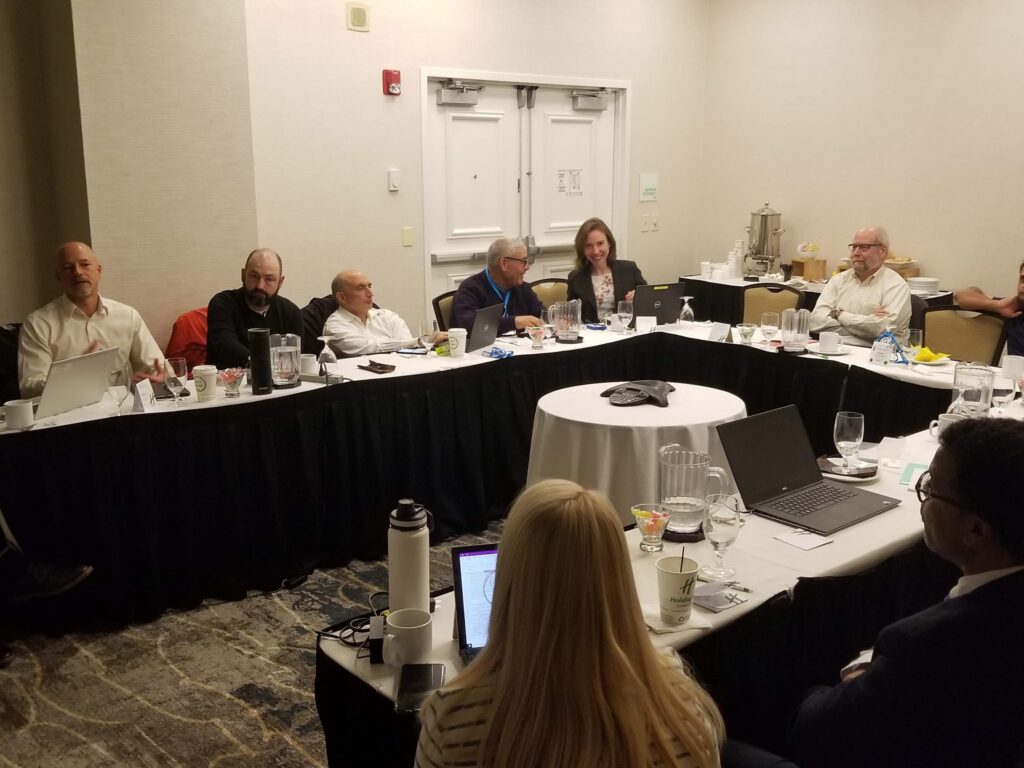
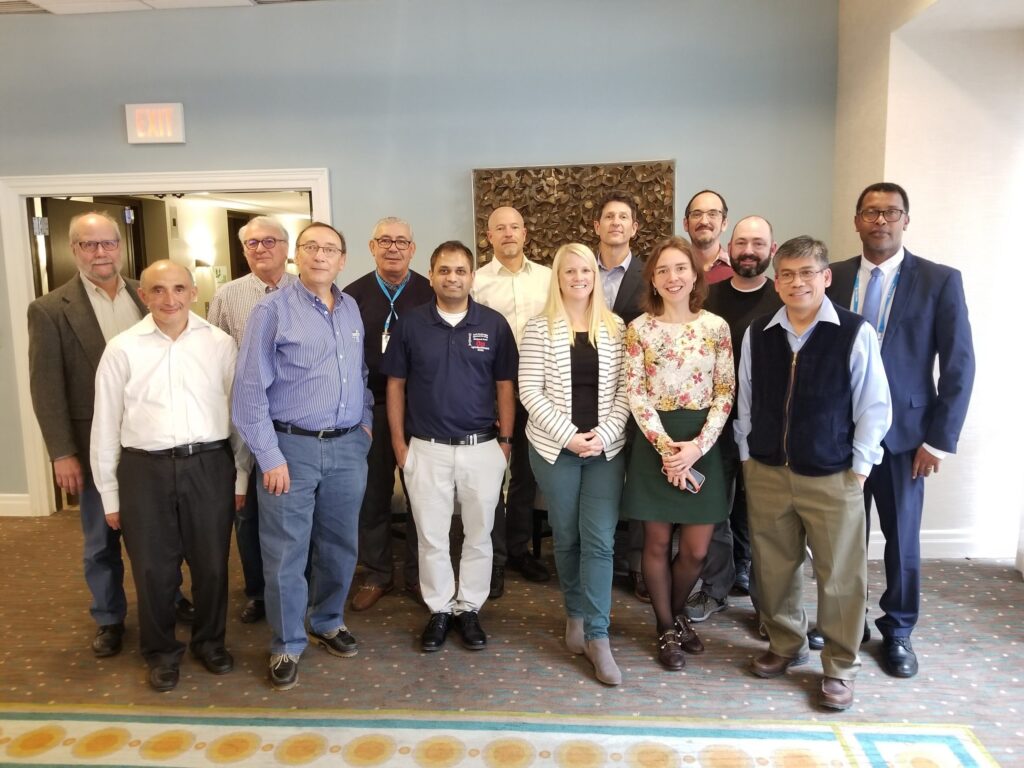
Phosphorus Transport Modeling Group
One of the classic environmental management dilemmas is that we often understand and evaluate systems at large scales (watersheds, sub-basins), yet management of the landscape most often occurs at the field or even sub-field scale. In our Phosphorus Transport Modeling Group, we bring together practitioners to discuss how to use existing in-field phosphorus measurements and modeled phosphorus pools to build more dependable and scalable models of phosphorus transport. Launched in August 2018, invited scientists and members of the Sustainable Phosphorus Alliance can participate in this group. Some of this work has been described in our blog. Updates from these groups were also presented at Phosphorus Forum 2019 and will be again at Phosphorus Forum 2020.
Videos of the group’s first workshop can be found here.
Most recent meeting
Date: November 14-15, 2019
Location: San Antonio, Texas
Below are links to PDFs of the slide decks used during the presentations at the inaugural 2018 event.
Steering committee
Affiliations may have changed since the group was established and changes may not be reflected below.
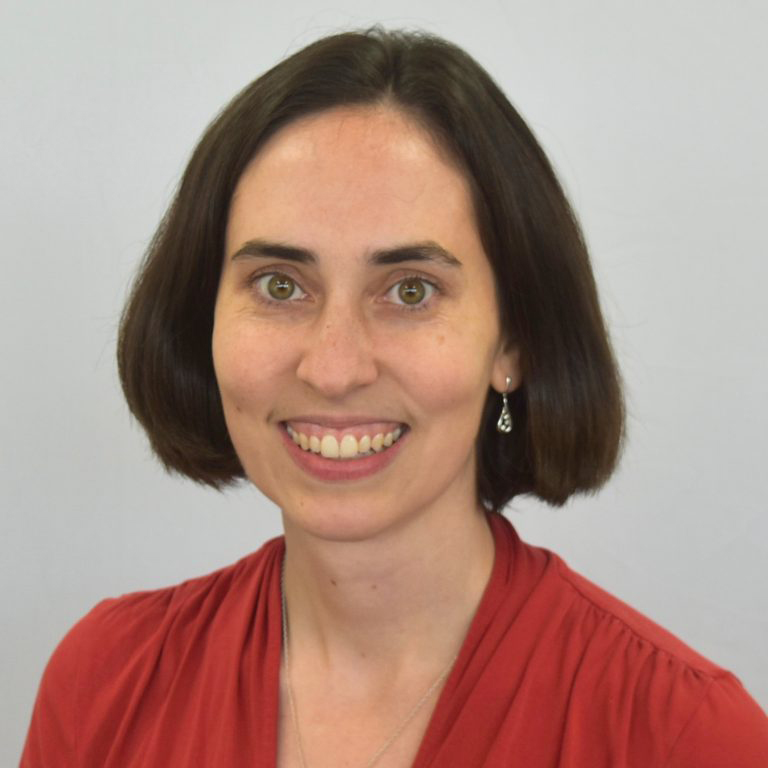
Margaret Kalcic
Assistant Professor, Ohio State University
Margaret Kalcic is an expert in watershed modeling and environmental hydrology, with a special focus on assessing conservation practice effectiveness for water quality improvement in heavily agricultural basins. Her work is policy-relevant and derived from a strong connection to stakeholders and a responsiveness to their needs and priorities.
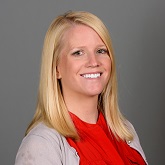
Rebecca Muenich
Research Scientist, Sustainable Phosphorus Alliance
Rebecca Muenich is an environmental engineer with expertise in environmental modeling, especially in evaluating the impact of land management decisions on nutrient inputs into the environment. She is currently an Assistant Professor in ASU’s School of Sustainable Engineering and the Built Environment and serves as a Research Scientist with the Sustainable Phosphorus Alliance.
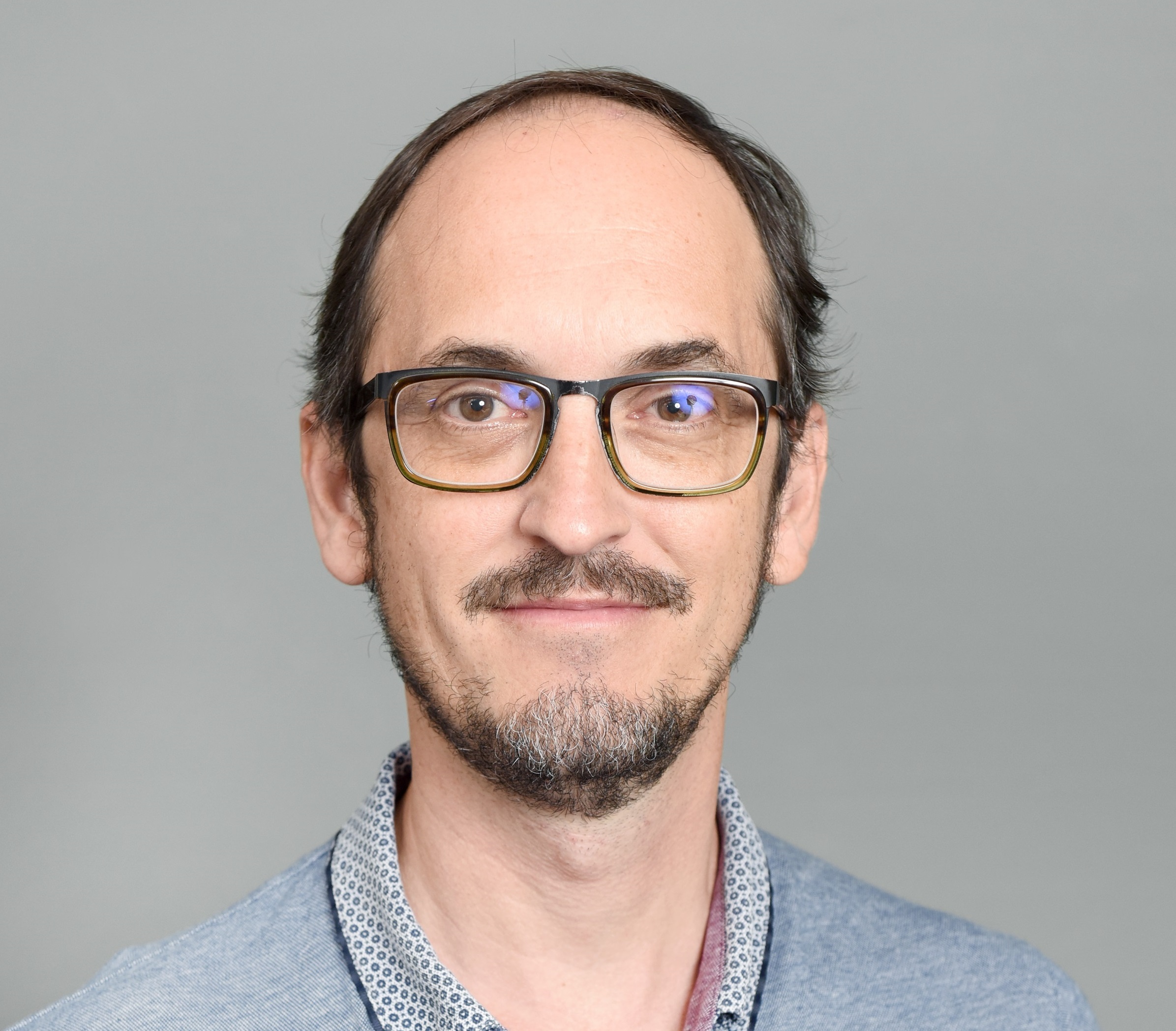
Matt Scholz
Senior Project Manager, Sustainable Phosphorus Alliance
Matt Scholz is the senior project manager for the Sustainable Phosphorus Alliance. He has a background in developing corporate sustainability metrics, biomass characterization for biofuel development, and maize genetics.
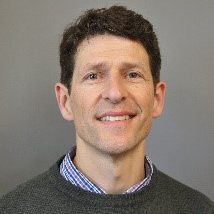
Pete Vadas
National Program Leader for Land and Air Management, USDA-ARS
Pete Vadas joined the ARS in 2001 and was a post-doc in Beltsville, MD and University Park, PA until 2006. He then spent 13 years in Madison, WI as and ARS scientist at the Dairy Forage Research Center. Vadas joined the National Program staff in Beltsville, MD in May 2019. His professional expertise revolves around the environmental impacts of agriculture, especially related to nutrient management in animal production and the use of simulation modeling to improve agricultural sustainability.
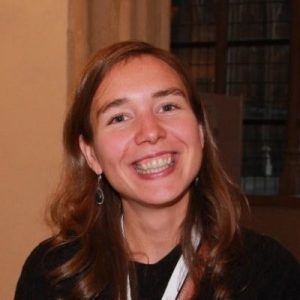
Céline Vaneeckhaute
Professor, Université Laval
Céline Vaneeckhaute has worked as assistant director of the anaerobic digestion processes at the Québec City Municipality and as an independent consultant in the field of resource recovery thereafter. Since 2016, she has been working as a professor in chemical engineering at Laval University, where she is also director of the BioEngine Research Team on Green Process Engineering and Biorefineries. Her research activities focus on nutrient recovery from digestate as bio-based fertilizers and target both technology development as well as mathematical modelling and decision-support analyses.
Members
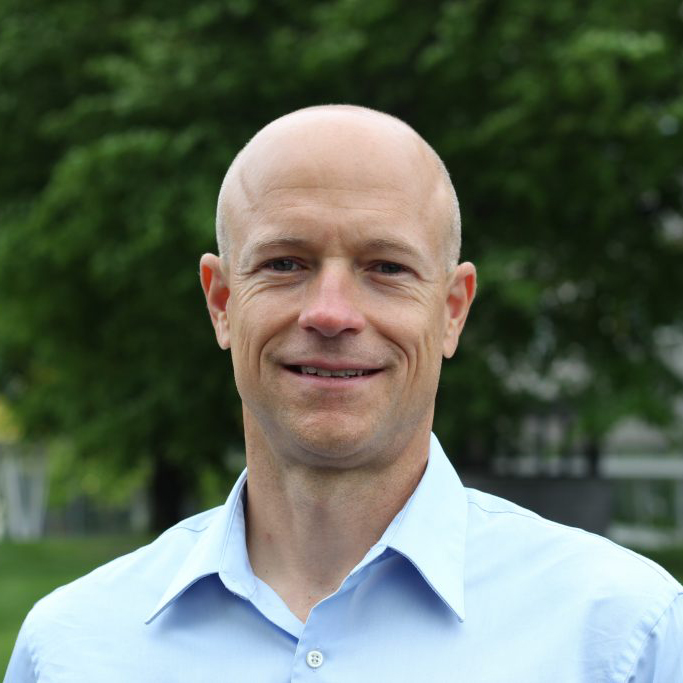
Carl Bolster
Research Hydrologist, USDA-ARS
Carl Bolster is a research hydrologist with USDA-ARS. His research interests include modeling P fate and transport in the environment. His recent research has focused on improving models for describing soil P cycling and comparing predictions of field scale P loss from models with differing levels of complexity.
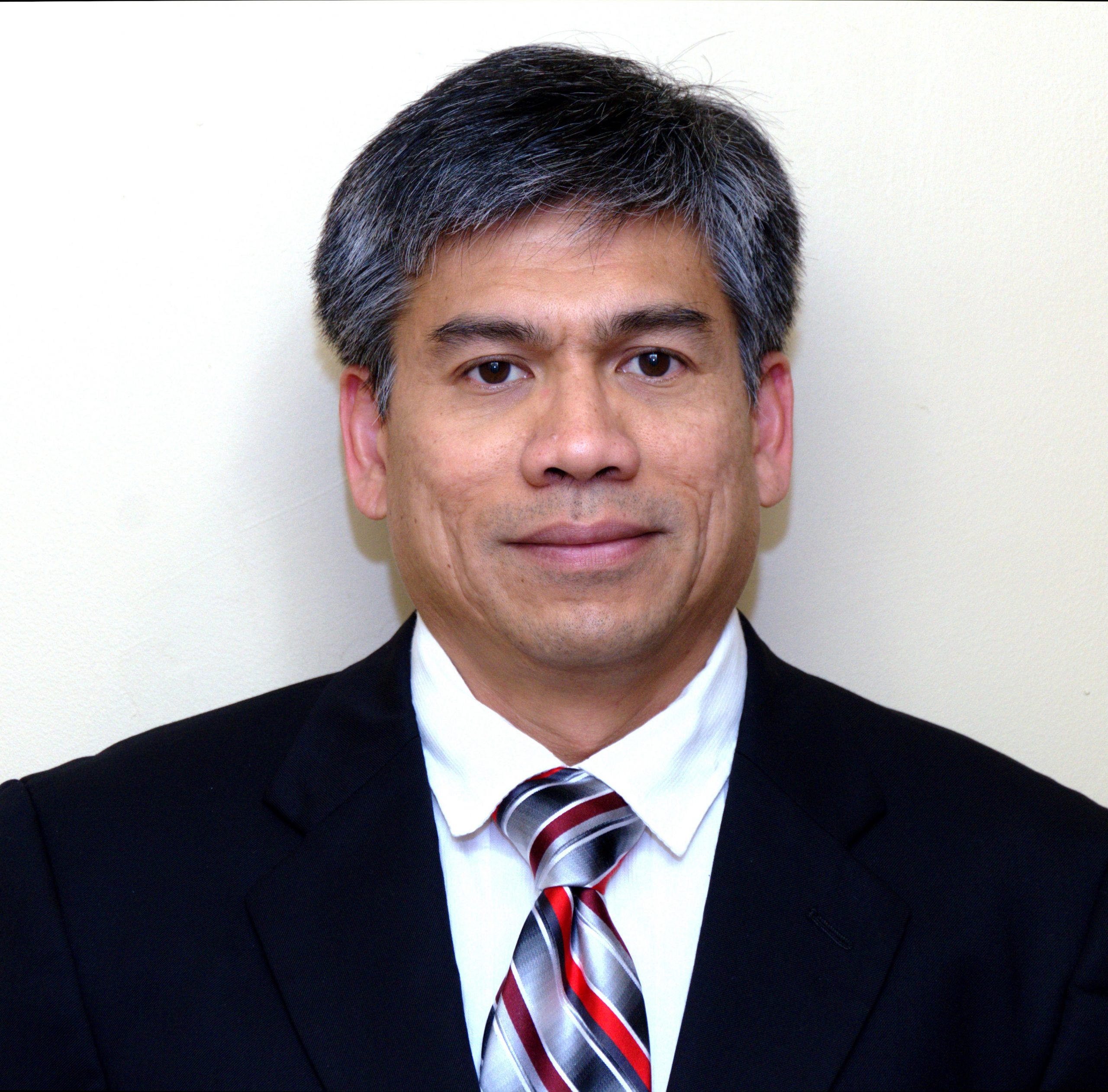
Rem Confesor
Senior Research Scientist, National Center for Water Quality Research, Heidelberg University
Rem Confesor is a senior research scientist at the National Center for Water Quality Research, Heidelberg University, Tiffin, OH. His research interests include integrated hydrologic-watershed-economic modeling, climate impact indicators, field/watershed hydrology and management, nitrogen and phosphorus movement, runoff and sediment transport processes, soil-water-plant relationships, Pareto optimization, automatic parameter estimation, and GIS resource applications.
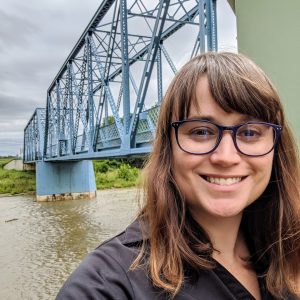
Laura Johnson
Director, National Center for Water Quality Research at Heidelberg University
Laura Johnson is director of the National Center for Water Quality Research at Heidelberg University where she works on watershed sediment and nutrient export. Aside from working with the long-term Heidelberg dataset, her recent research also focuses on examining the influence of agricultural nutrient management on nutrient export, identifying sources of nutrients within watersheds, and contributing to the seasonal harmful algal bloom forecast for western Lake Erie.
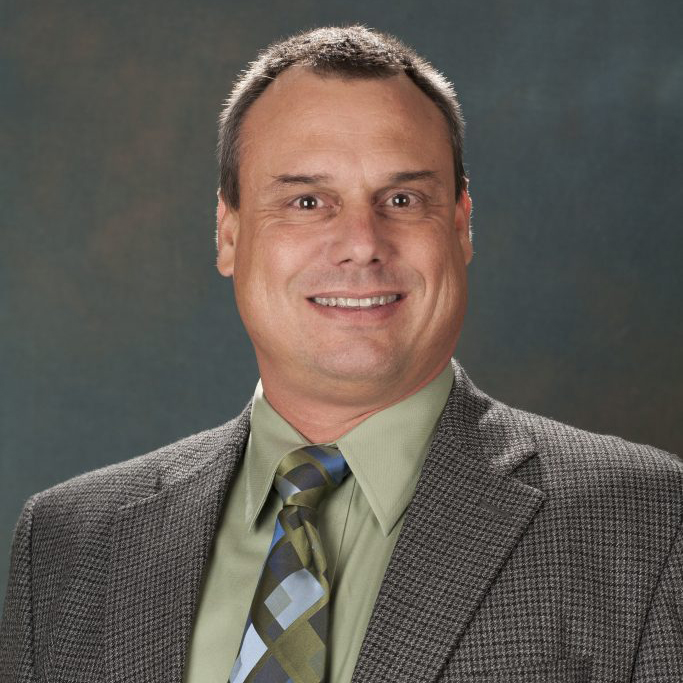
Kevin King
Research Leader and Research Agricultural Engineer, USDA-ARS
Kevin King is a research leader and research agricultural engineer with the USDA-Agricultural Research Service, Soil Drainage Research Unit located in Columbus, OH. He leads an edge-of-field water quality program to determine the hydrologic and water quality responses of agricultural production and conservation implementation in tile-drained landscapes of the Eastern Corn Belt.
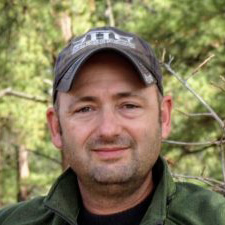
Josh McGrath
Extension Specialist and Associate Professor, University of Kentucky
Josh McGrath has served as an extension specialist and associate professor at the University of Kentucky (2014-present) and the University of Maryland (2006-2014). McGrath’s integrated research and extension programs focus on developing, teaching, and implementing management practices that increase farm efficiency while protecting natural resources.
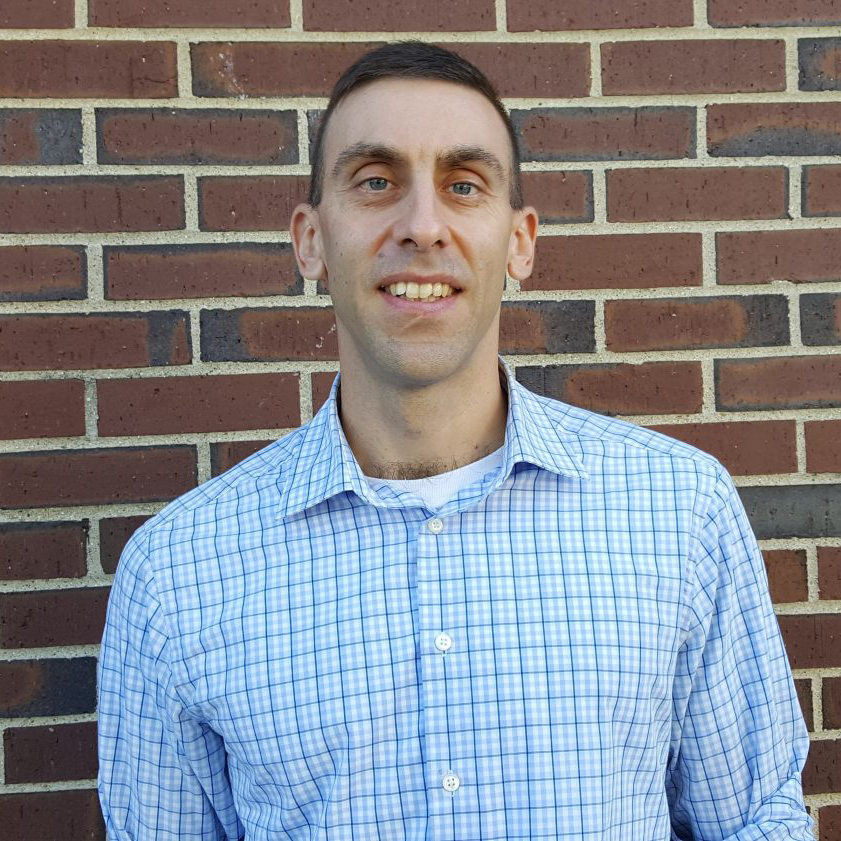
Chad Penn
Soil Scientist, USDA-ARS
Chad Penn is a soil scientist with the USDA-ARS in West Layfayette, IN. His focus is on the soil chemistry of phosphorus as it informs fertility recommendations and phosphorus transport, and he has considerable experience in the areas of manure chemistry/management, nutrient transport, and phosphorus removal.
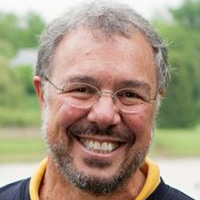
Don Scavia
Professor Emeritus, University of Michigan
Don Scavia is an aquatic ecologist, professor emeritus in the School for Environment and Sustainability, and former director of the Graham Sustainability Institute at the University of Michigan. He combines numerical models and environmental assessments to improve the understanding of interactions between human activities on land and their impacts on coastal marine and freshwater ecosystems, with emphasis on the Great Lakes, Gulf of Mexico and Chesapeake Bay.
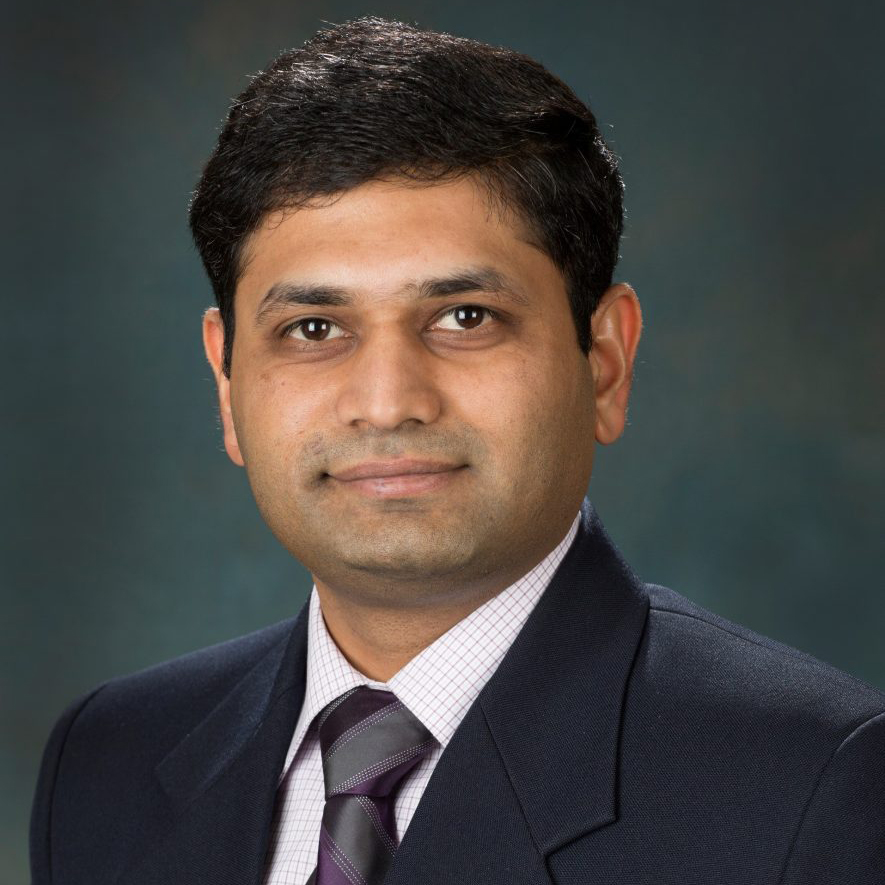
Vinayak Shedekar
Postodoctoral Researcher, Ohio State University
Vinayak Shedekar is a postdoctoral researcher in the Department of Food, Agricultural and Biological Engineering at the Ohio State University and leads a statewide extension signature program focused on soil health. His research interests include: agricultural water and nutrient management; design, monitoring and evaluation of BMPs for agroecosystem sustainability and environmental quality under changing climate; field- and watershed-scale monitoring and modeling of hydrology, water quality, carbon, and nutrient cycling; and GIS-GPS applications and farmer-friendly software tools.
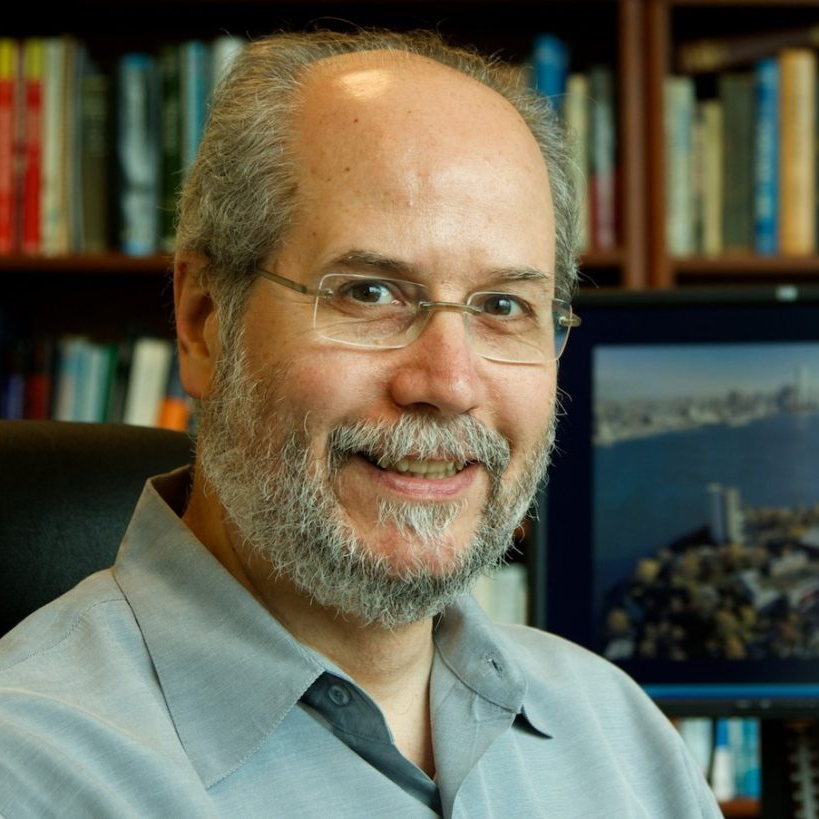
David Vaccari
Professor, Stevens Institute of Technology
David Vaccari is a professor in the Department of Civil, Environmental and Ocean Engineering at Stevens Institute of Technology. He is a specialist in the modeling and control of biological wastewater treatment and in the analysis of global phosphorus resources and is the developer of TaylorFit software for nonlinear empirical data analytics including modeling stochastic processes.
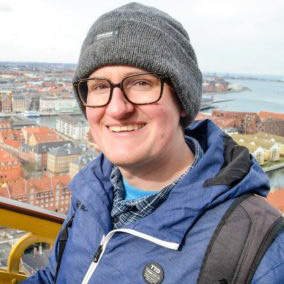
Barret Wessel
Postdoctoral Research Soil Scientist, USDA-ARS
Barret Wessel is a postdoctoral research soil scientist with the USDA-ARS in Bowling Green, KY. His current research focuses on modeling phosphorus dynamics in agricultural landscapes to improve water quality in aquatic ecosystems. His research interests also include the use and management of urban and anthropogenic soils (SUITMAs), and pedology with a focus on hydric, coastal, and subaqueous soils.